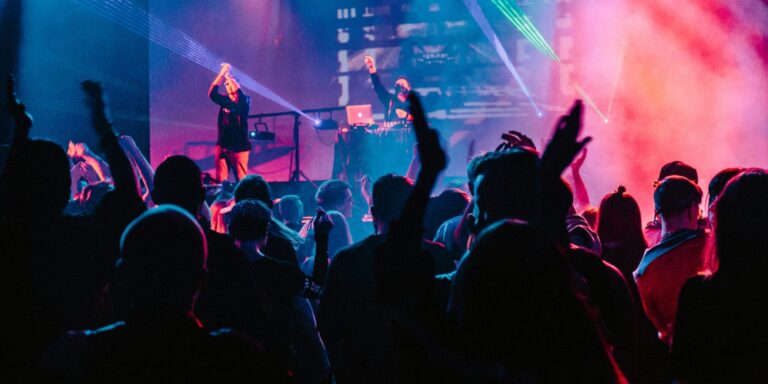The launch of Dead & Company’s residency at San Francisco’s Golden Gate Park on August 1, 2025 marks a defining moment in the recovery of live music as a cultural and economic powerhouse. Twenty-five thousand Deadheads each night in a sold-out Polo Field underscored a public hunger for immersive, large-scale musical events. Cities across the U.S. are now betting on major residencies and destination concerts to reenergize tourism and local economies in the wake of post-pandemic rebirth.
Streaming platforms like nugs.net have become vital to the economics of live music in this era, ensuring that sold-out shows reach audiences globally. Nugs.net has streamed more than 900 concerts during the pandemic and beyond—including performances by Dead & Company, Metallica, Pearl Jam and others—in HD and 4K quality, now integrated into Spotify’s “On Tour” hub for easier access to live shows. The platform’s subscription tiers, from standard all-access to hi-res audio and 4K video streaming, allow fans worldwide to pay to relive concerts or catch livestreams in real time—creating new virtual revenue streams for artists and promoters. With nugs.net adding new concert videos weekly, the model supports continuous engagement rather than one-time attendance.
But not every festival is riding this wave. The abrupt cancellation of Soundside Festival in Bridgeport, Connecticut—set for September 27–28, 2025—reflects mounting pressure across the festival circuit. Organizers pointed to “circumstances beyond our control,” while local officials hinted at underperforming ticket sales tied to a lukewarm lineup featuring The Killers, Hozier, Weezer and Vampire Weekend. The city stands to lose nearly $500,000 in projected revenue from ticket sales, city sponsorships and ancillary income, complicating Bridgeport’s municipal budget.
Industry analysts, including UCLA’s Tiffany Naiman, cite festival oversaturation—with almost 2,840 music festivals recorded in 2024—as a primary cause of cancellations. Rising production and artist fees have eroded thin profit margins while audiences grow fatigued by repetitive lineups shared across events. Naiman argues that future festivals must shrink in scale, localize programming, and offer distinctive experiences rooted in community identity in order to stay viable.
Dead & Company’s San Francisco shows illustrate the economic upside of targeted events that combine legacy appeal, strong destination branding and high production values. Major concerts create overnight spikes in hotel occupancy, retail spending, dining, and transportation revenue—benefits long observed with events like Taylor Swift’s Eras Tour boosting local economies by millions per city. While those city-wide impacts may exceed even stadium tours, boutique residencies in music-rich locales like San Francisco tap into cultural heritage and loyal fan bases, generating both economic and emotional returns.
Streaming platforms like nugs.net multiply this effect. When livestream viewers convert to subscribers or purchasers of concert audio/video, artists and promoters unlock additional income beyond ticket gates. Though streaming payouts—particularly via services like Spotify—have been critiqued as low, live concert monetization through platforms like nugs and StageIt offers a more direct, premium channel for monetizing live performance.
Taken together, the resurgence of destination concerts, enhanced by streamed access, is reshaping the live music economy in favor of curated, high-impact events. Festivals that lack distinctive identity or suffer from homogeneous booking are being left behind—or canceled entirely. Events like Dead & Company’s Golden Gate Park residency show how blending legacy artists, immersive experiences, tourism infrastructure, and digital access can yield sustained economic value while honoring live music’s communal roots.
As festival organizers reassess models amid oversupply and lineup fatigue, cities will increasingly partner with marquee residencies and streaming platforms to balance risk and reach. In this evolving landscape, live music’s post-pandemic vitality hinges on aligning in-person spectacle with global access via streaming—while filtering out excess and fostering authenticity. For more on the cancellation of Soundside Festival and trends reshaping live music economics, see the San Francisco Chronicle or CT Post.


